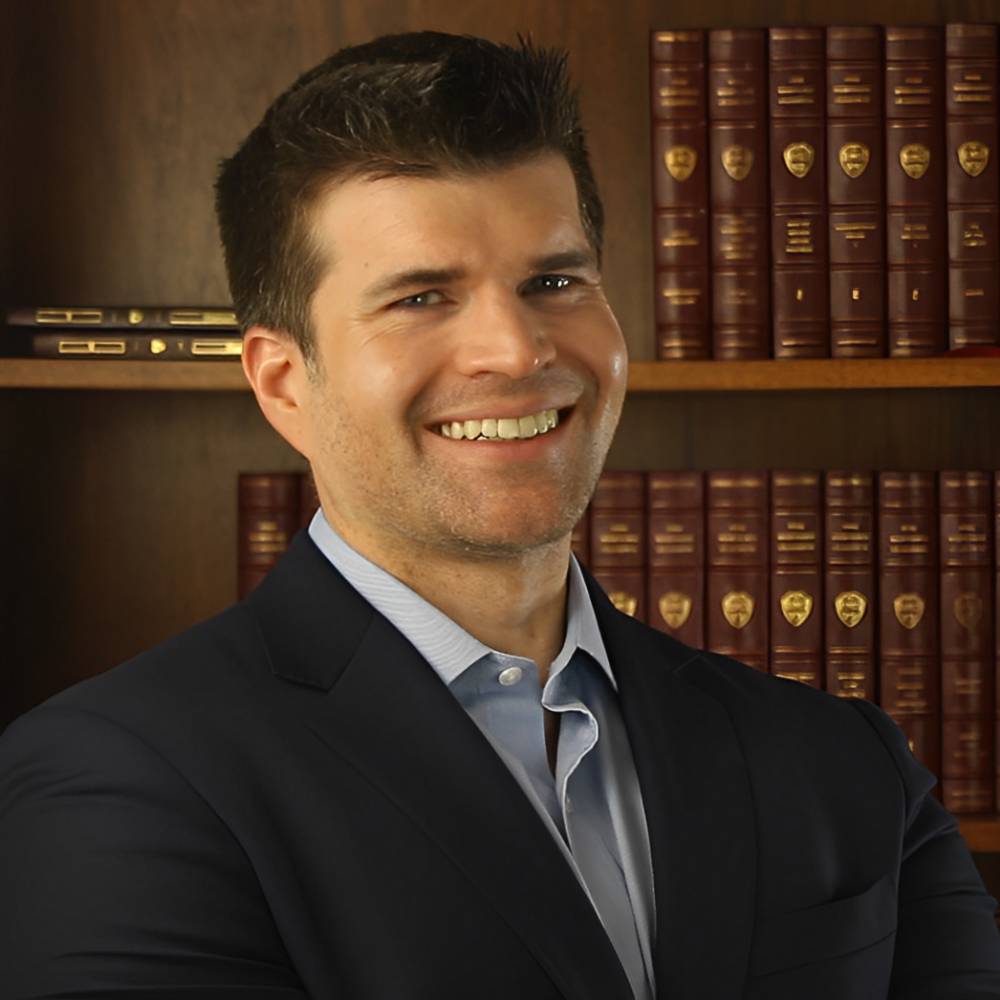The City of Scottsdale has announced on its website that Scottsdale City Court will be continuing a majority of its hearings until May 1st in light of the novel coronavirus pandemic. This includes all out of custody criminal arraignments and proceedings, all cases assigned to the East Valley Regional Veteran’s Court, all civil traffic cases, and all jury trials.
Scottsdale Court will remain open for Protective Order Petitions and Hearings, all in-custody criminal hearings, and “any essential hearings mandated by law to require in-person appearance or where remote appearance is not feasible.”
Despite the vast reduction in hearings for the month of April, the Scottsdale Municipal Court remains open. Appearances can be made by attorneys and defendants via Skype, Facetime, or telephonically. The Court is also accepting online motions and online and telephonic criminal plea agreements.
Scottsdale began offering a number of online services to address court hearings last week as fear of the coronavirus pandemic began to sweep the United States. There is no word on whether these online services will be temporary, or whether Scottsdale will consider extending them once the immediate threat presented by COVID-19 has abated. If these changes prove to be a welcome convenience, even during less harrowing times, it remains an open question whether popular demand for these services will make them a permanent facet of the judicial system.
Maricopa County Superior Court Prohibits Most In-Person Proceedings
This week, the Maricopa County Superior Court announced that effective Wednesday, March 25, 2020, it would prohibit all physical access to the Superior Court buildings until April 8, 2020.
This order restricts access to the Superior Court unless “an event is constitutionally or statutorily required to be held in-person, in which case only those participating in the specific event may attend.” Those “participating” would include parties, attorneys, and law enforcement officers.
The order would also, obviously, not restrict county employees that are housed in the courthouse.
The grand jury has been halted until April 8, 2020, and no new jury trials shall commence until April 17, 2020.
The Court has indicated that the measures it has taken have so far resulted in a 60% reduction of visitors to all Court locations by the start of the week. Now that these new orders restricting access to the Court further have taken effect, we should expect to see the amount of foot traffic decrease even further.
Maricopa County Superior Court Leads Arizona in Coronavirus Prevention Measures
Only a couple of weeks ago, the Arizona court system was more of less business-as-usual in the face of the gradual spread of the novel coronavirus throughout the United States. Beginning last week, however, Maricopa County Superior Court has taken marked and dramatic steps to institute sweeping changes to the way it administers justice, virtually overnight.
This has included making nearly all hearing non-appearance hearings, capable of being resolved via motion, and turning even the most essential hearings into presumptively telephonic hearings, unless ample justification required otherwise.
The measures taken by the Arizona judicial system as a whole, however, has not been uniform. With the power to administer the particulars of the judicial system distributed to a variety of city and county courts, court attendees and attorneys have had to navigate a patchwork system, with varying rules applying to each courthouse.
Last week, for example, Pima County Superior Court’s stance on telephonic hearings was that they could be requested by the parties “if remote participation is desired.”
It has also been reported to me by criminal defense attorneys in Yuma County that this Monday alone there were 40 people packed into a Yuma County courtroom for arraignments and that Yuma County was still continuing grand jury twice a week. Meanwhile, Yuma residents who traveled a mile west into California would technically be required to “shelter in place.”
The lack of uniformity among Arizona courts has been troubling. However, there are now signs that courts outside Maricopa County may begin to adopt more stringent measures to protect those participating in the court system. Pima County recently announced new procedures expanding telephonic conferences in the Juvenile Courts. Yuma County has also issued a new order restricting access to the Yuma Courts and ordering that requests for video and telephonic appearances in criminal cases be “liberally granted.”
Even these measures still fall short of the more systematic approach adopted by Maricopa County Superior Court. Time will tell whether further measures by these courts will eventually be taken, and how well Maricopa County’s measures will hold up as the vastly novel local court rules are put to the test.


